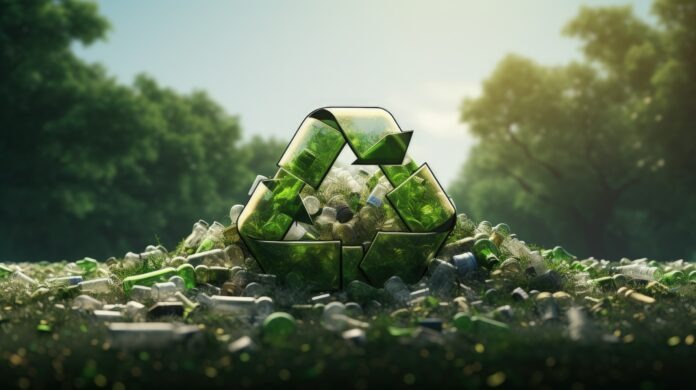
In the EU, packaging represents a constantly increasing source of waste: from 66 billion tonnes in 2009, it has risen 84 billion tonnes in 2021. Each European generated 188.7 kg of packaging waste in 2021, a figure that is estimated to reach 209 kg in 2030.
This scenario forced European bodies to establish new rules, which will have to be formalized in an agreement, aimed at making packaging used in the EU safer and more sustainable.
What rules?
The new measures require that all packaging be recyclable, minimising the presence of harmful substances, reducing unnecessary packaging, promoting the adoption of recycled content and improving collection and recycling.
Particularly, the agreement sets packaging reduction targets, requiring EU countries to reduce the amount of plastic packaging waste. According to the agreement, in fact, some formats of single-use plastic packaging would be banned from 1 January 2030: the deputies also ensured the ban on very light plastic bags (under 15 microns), unless they are necessary for reasons hygienic or supplied as primary packaging for bulk foods to help prevent food waste.
In addition, the measures aim to encourage reuse and refill options for consumers: for example, final distributors of drinks and takeaway food would be obliged to offer consumers the possibility to bring their own container and would also be required to offer 10% of products in a reusable packaging format by 2030.
Negotiators also agreed that all packaging should be recyclable: there are some exemptions for lightweight wood, cork, textiles, rubber, ceramics, porcelain or wax.
The measures also aim to prevent adverse health effects: Parliament secured the introduction of a ban on the use of so called “forever chemicals” (per- and polyfluorinated alkyl substances or PFASs) in food contact packaging.
Other agreed measures include:
- minimum recycled content targets for any plastic part of packaging;
- minimum recycling targets by weight of packaging waste generated and increased recyclability requirements;
- 90% of single use plastic and metal beverage containers (up to three litres) to be collected separately by 2029 (deposit-return systems).
These measures involve all actors, from industry to consumers:
[su_quote cite=”Frédérique RIES, Renew Europe Group” url=”Author Quote”]For the first time in an environmental law, the EU is setting targets to reduce packaging consumption, regardless of the material used. We call on all industrial sectors, EU countries and consumers to play their part in the fight against excess packaging. The ban on forever chemicals in food packaging is a great victory for the health of European consumers. It was also essential that environmental ambitions meet industrial reality. The deal fosters innovation and includes exemptions for micro-enterprises[/su_quote]”.

